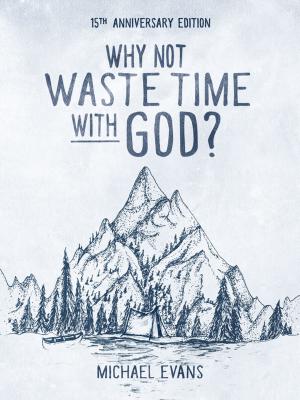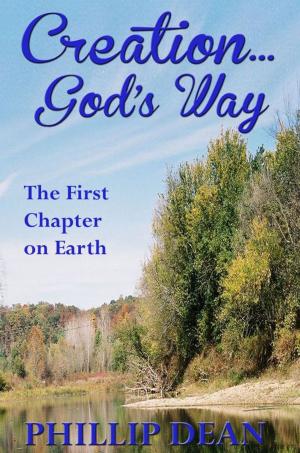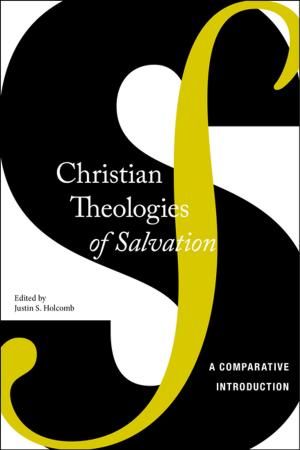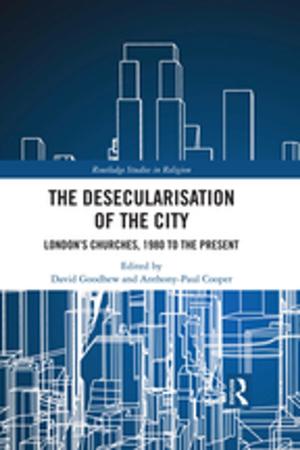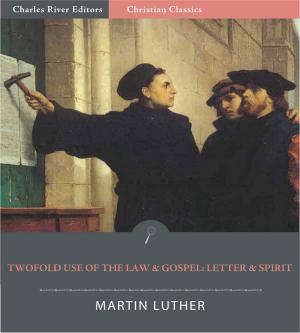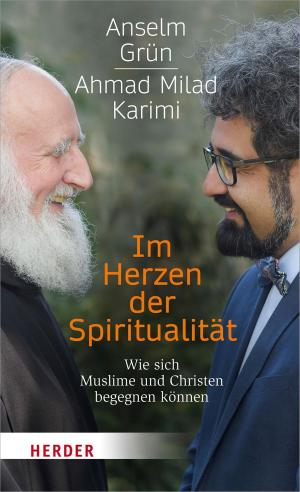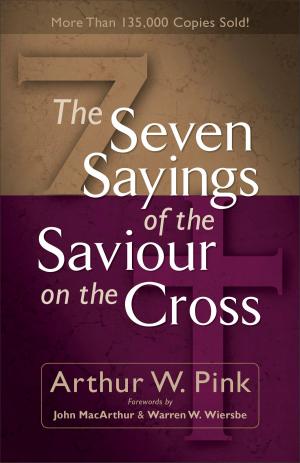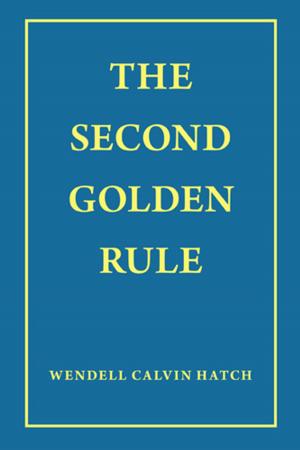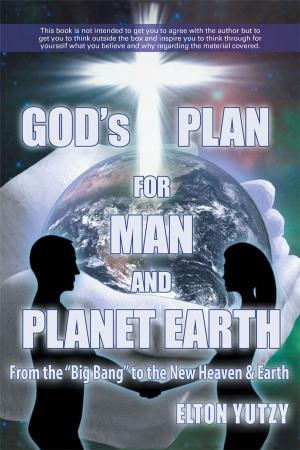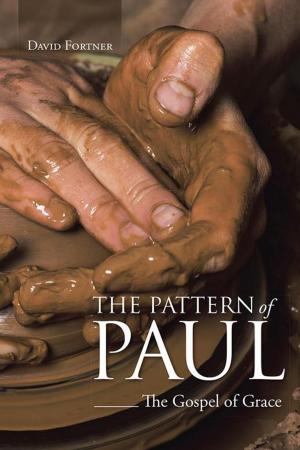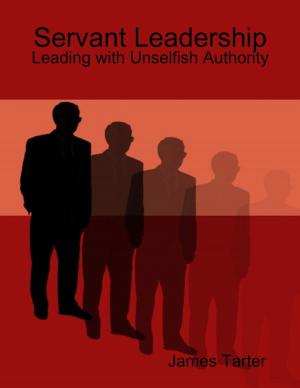Science and the Challenge to God
Nonfiction, Religion & Spirituality, Christianity, General Christianity| Author: | Chris Park | ISBN: | 9781310558665 |
| Publisher: | Chris Park | Publication: | March 14, 2016 |
| Imprint: | Smashwords Edition | Language: | English |
| Author: | Chris Park |
| ISBN: | 9781310558665 |
| Publisher: | Chris Park |
| Publication: | March 14, 2016 |
| Imprint: | Smashwords Edition |
| Language: | English |
Many people today believe that science has replaced religion as the best way of explaining everything we might like to know about the universe and about humans. But that belief assumes many things about both science and religion, how they operate, and what their limits are, which may simply not be true. This ebook outlines the nature of the modern worldview (which includes humanism, materialism and naturalism) and how that has shaped popular ideas about what is truth, what counts as evidence, and how we decide between competing truth claims. It sketches out how the debate between science and religion plays out in terms of the origin and nature of the universe and of life, and the difficulties some people have in accepting that there can be supernatural (spiritual) as well as natural (physical) reality. It then explores the nature and limitations of science as an intellectual pursuit, including Richard Dawkins' insistence that the existence of God is a scientific question. The book rounds off by looking at the nature of the conflict between science and religion, and at recent attempts to reconcile them, including looking at what some prominent scientists who also believe in God have to say about the matter.
Many people today believe that science has replaced religion as the best way of explaining everything we might like to know about the universe and about humans. But that belief assumes many things about both science and religion, how they operate, and what their limits are, which may simply not be true. This ebook outlines the nature of the modern worldview (which includes humanism, materialism and naturalism) and how that has shaped popular ideas about what is truth, what counts as evidence, and how we decide between competing truth claims. It sketches out how the debate between science and religion plays out in terms of the origin and nature of the universe and of life, and the difficulties some people have in accepting that there can be supernatural (spiritual) as well as natural (physical) reality. It then explores the nature and limitations of science as an intellectual pursuit, including Richard Dawkins' insistence that the existence of God is a scientific question. The book rounds off by looking at the nature of the conflict between science and religion, and at recent attempts to reconcile them, including looking at what some prominent scientists who also believe in God have to say about the matter.


